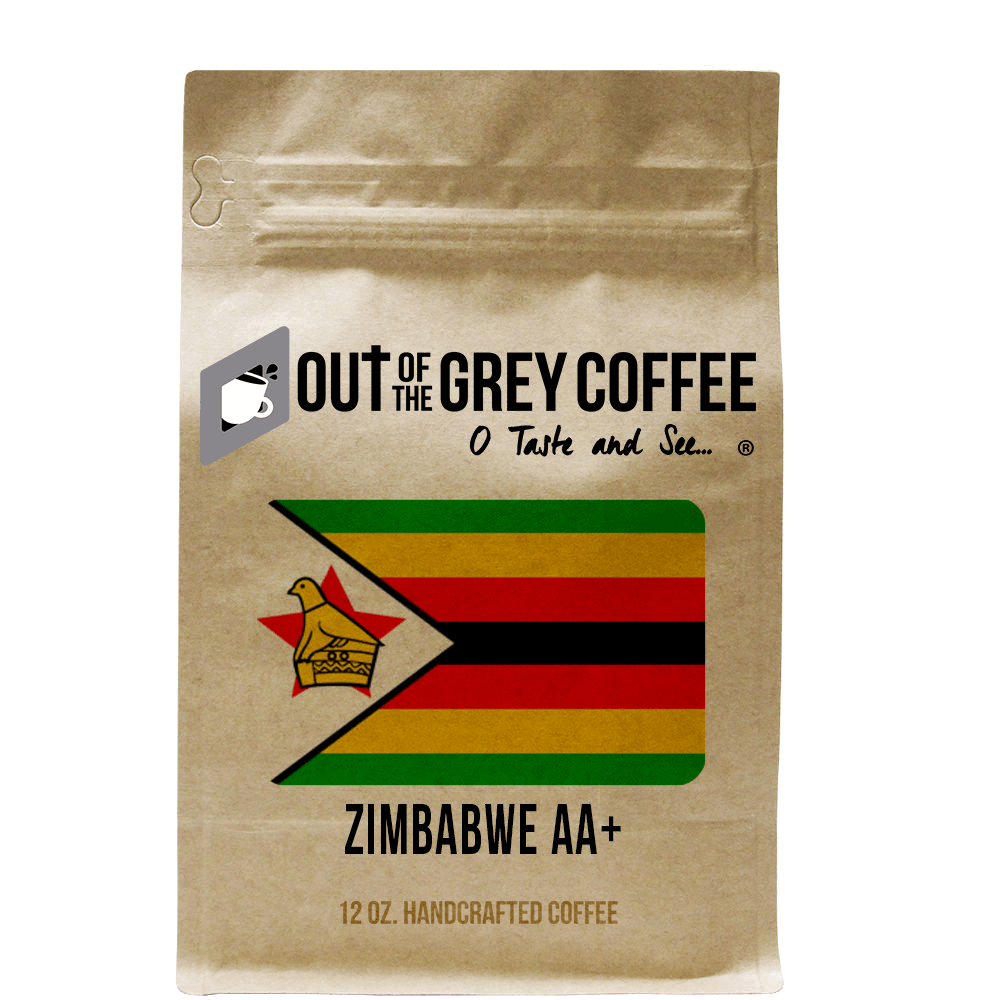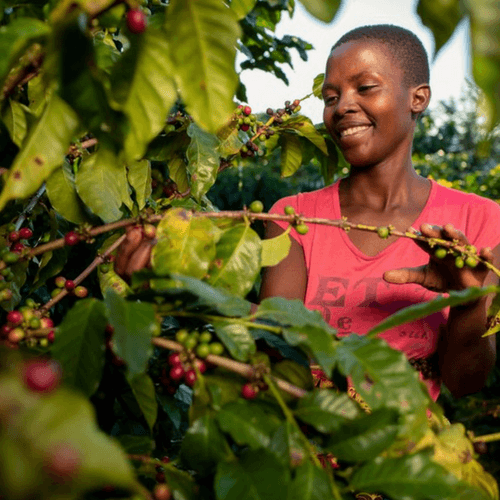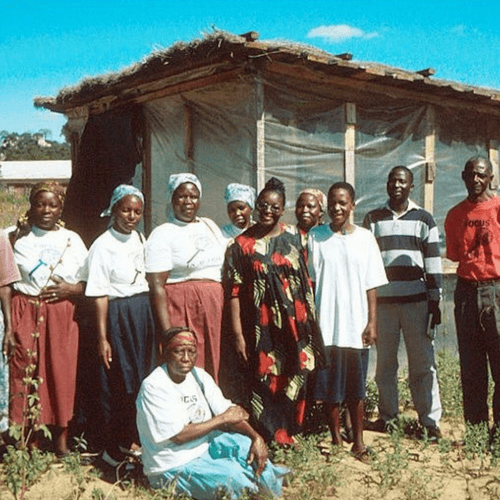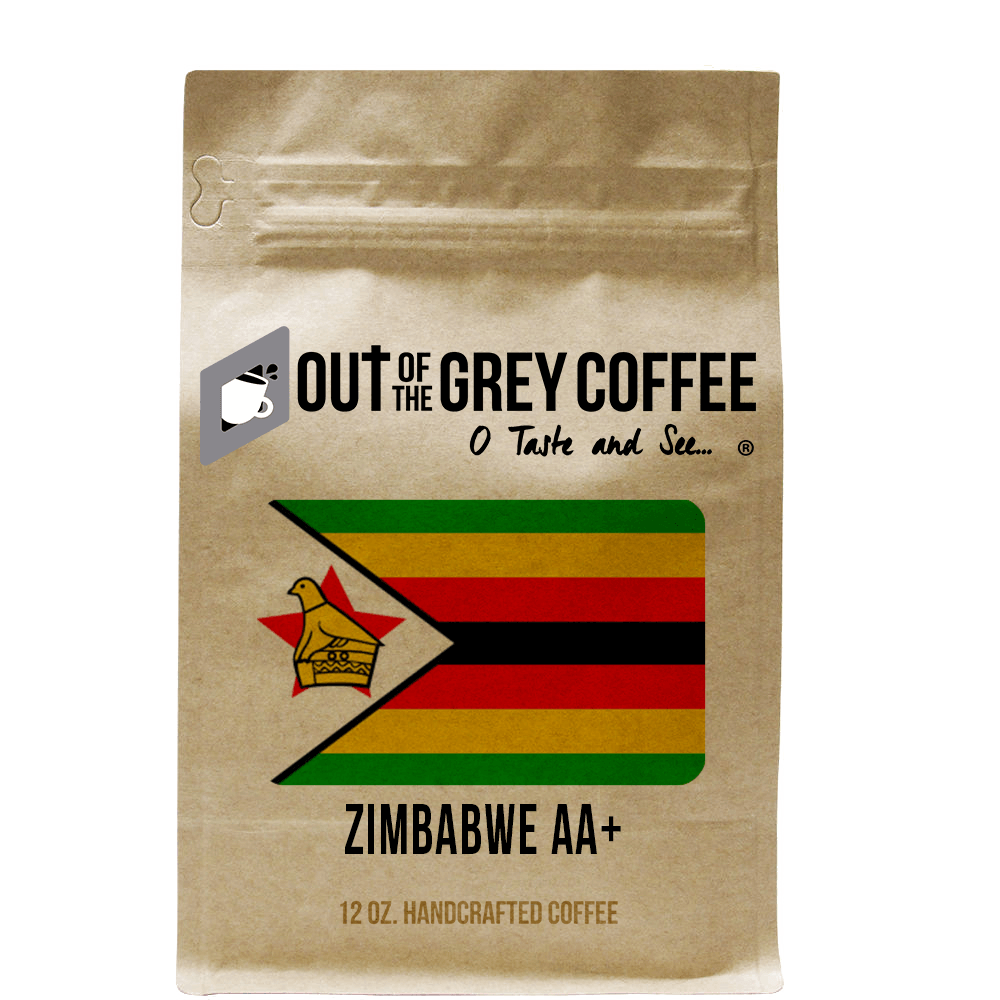



Single Origin - Zimbabwe AA+ Smaldeel Estate - Fair Trade Coffee
$22.99 - $23.48
Spicy, sweet, hazelnut, orange bitters and black peppercorn flavors, brisk, juicy acidity with satiny mouthfeel with richly drying finish.
Roast: Dark Medium
Processing: Washed and Sun Dried
Altitude: 1066 - 1319 M.A.S.L.
Harvest: May - September
12 oz. Handcrafted Fair Trade Coffee
The Zimbabwe Smaldeel Estate has been around for over 100 years. The name “Smaldeel” is a Dutch word meaning “the narrow portion” and was given to the farm by early settlers. The estate is located on the Eastern Highlands of Zimbabwe. The cool, wet climate, paired with high altitudes, makes this land ideal for high volume coffee production. The Smaldeel estate, which is now owned by Makandi Estates (Pvt.) Limited, had first started cultivating coffee in 1959. The estate cultivates approximately 200 hectares of land at an altitude of around 1,100 meters above sea level. What’s unique about the Smaldeel Estate is that they provide proper housing and a health clinic for its employees.
Zimbabwe, a tiny country roughly the size of the state of California, is home to some of Africa's richest coffee belts. Conditions are perfect for growing coffee beans: high mountain peaks, lush valleys, and a cool climate.
The country used to be famous for its SHQ ("super high-quality") coffee, which was slowly sun-dried and smooth-drinking with deep fruity flavors. In the '90s, Zimbabwean coffee was the darling of coffee bars wherever it was exported: London, New York, Johannesburg, Japan, and Amsterdam. It accounted for two to three percent of the country's GDP, bringing foreign wealth to commercial farms and livelihoods to countless laborers.
Ben Chada is a farmer in Zimbabwe's "Eastern Highlands" coffee district, a 1,000-kilometer stretch of pristine coffee fields. As he harvests red Arabica coffee beans at dawn, he laments the collapse of Zimbabwe's once-booming coffee industry. "Our government grabbed coffee farms from commercial growers in 2001 and the world punished us," says Chada.
It is a dispute that exploded in 2000. Then, young militants loyal to 92-year-old president Robert Mugabe stormed white-owned coffee farms and seized the fields. Dozens of farmers died, and hundreds were chased into exile in South Africa, the U.S., Australia, and Great Britain. The attackers defended their actions by saying they were restoring farms seized from indigenous black Zimbabweans in the colonial years from 1890 to 1979.
At one famous coffee farm called Rosecommons, the terrified owner fled to Australia, abandoning 123 workers and their families to ruin. "From that time up to today, farm schools, clinics, and shops stopped as work and wages dried up," Chada explains, who farmed next to Rosecommons.
At the time of the attack, Chada was known as an "out-grower," a black coffee farmer owning a small plot of land next to huge commercial farms, relying on his white neighbors for resources, expertise, and machinery. "First, the attackers burnt down our coffee beans and burnt acres of trees in a week of rage. Coffee-drying pens were turned into nurseries for marijuana and wild vegetables," says Chada. "The militants craved for quick profits, but a coffee tree, once planted, takes five years to mature. Patience is everything."

